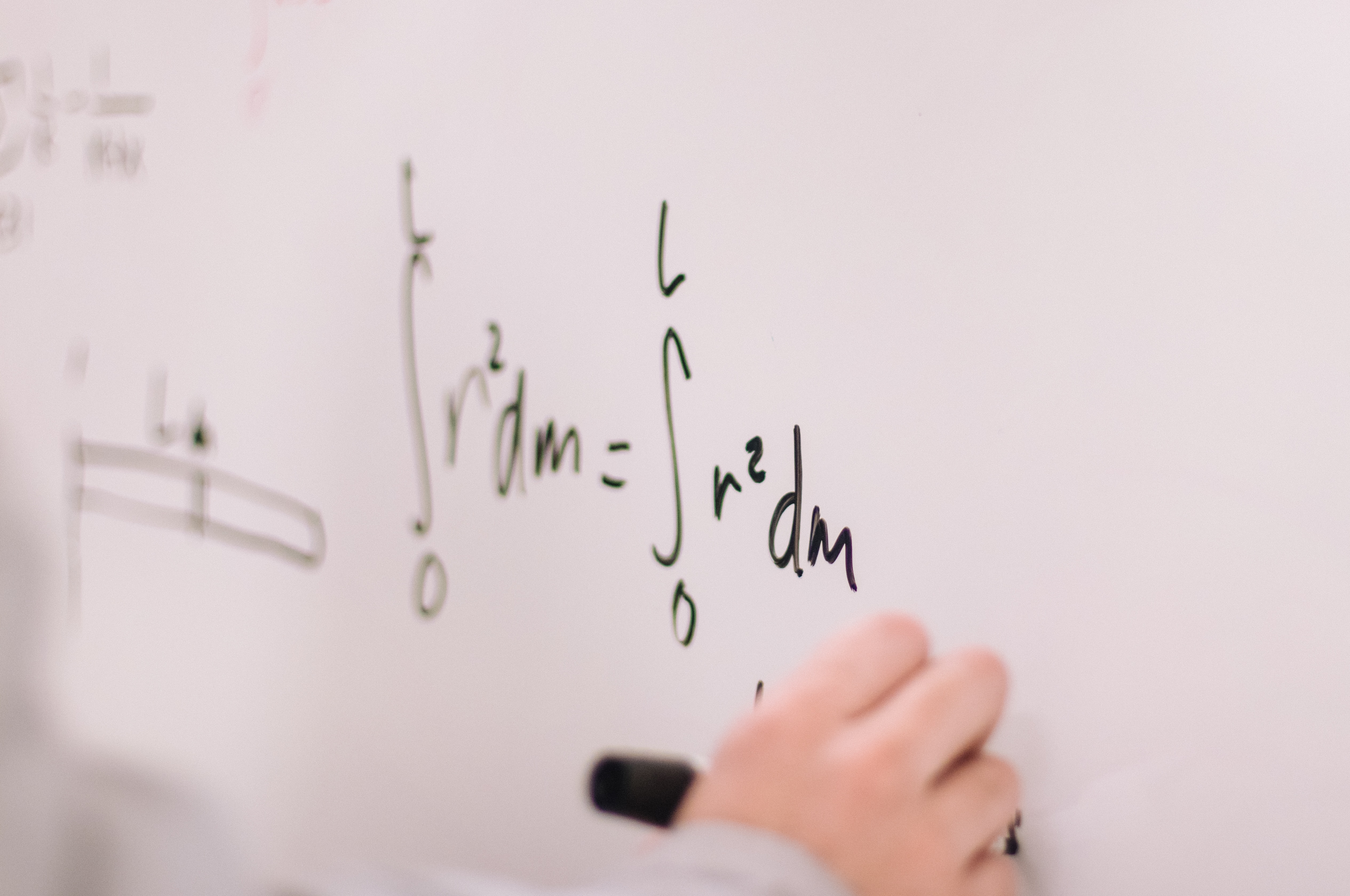Is it your fault you are bad at math or is it just your genetics?
Ability in mathematics is a complex cognitive characteristic that differs greatly across people. While some people are naturally good at arithmetic, others can find it difficult. This has led scientists to look into the underlying causes of these individual variances. This scholarly paper aims to investigate the neural underpinnings of the phenomenon wherein some people exhibit more mathematical ability than others. We aim to disentangle the intricate interactions that influence mathematical aptitude by combining genetic, behavioral, and neuroimaging research.
The neurological foundation of mathematical ability has been better understood because of recent developments in neuroimaging methods like diffusion tensor imaging (DTI) and functional magnetic resonance imaging (fMRI). Research has repeatedly demonstrated that certain brain regions—such as the hippocampus, parietal cortex, and prefrontal cortex—are linked to mathematical thinking. Individual disparities in arithmetic skills have been related to variations in these areas' connection and organization.
Individual variations in math prowess are also largely influenced by genetic variables. Mathematical aptitude has a significant heritability, according to twin studies, with estimates ranging from 30% to 70%. Numerous genetic markers linked to mathematics performance have been found through candidate gene investigations and genome-wide association studies (GWAS), indicating a polygenic foundation for this characteristic.
Mathematical problem solving heavily relies on cognitive processes including working memory, attention, and executive functions. Disparities in mathematical performance are partly explained by variations in these cognitive capacities. Better working memory capacity, for instance, may enable people to perform better on jobs involving intricate computations or problem-solving.
Mathematical abilities are also shaped by environmental variables, such as socioeconomic position, educational opportunity, and cultural influences. Enhancing mathematical skills may be achieved by early exposure to mathematical concepts, access to high-quality education, and a nurturing learning environment. On the other hand, variations in educational opportunities brought about by socioeconomic inequality may have an impact on mathematics ability.
The developmental paths of mathematical talents have been tracked through longitudinal studies, which have shown that early mathematical proficiency is indicative of later success. Early mathematical development factors can have a long-lasting impact on an individual's mathematical aptitude. Examples of these factors include exposure to numerical ideas and educational interventions.
The observed individual variances in mathematical ability are a result of a combination of cognitive, genetic, neurological, and environmental variables.
